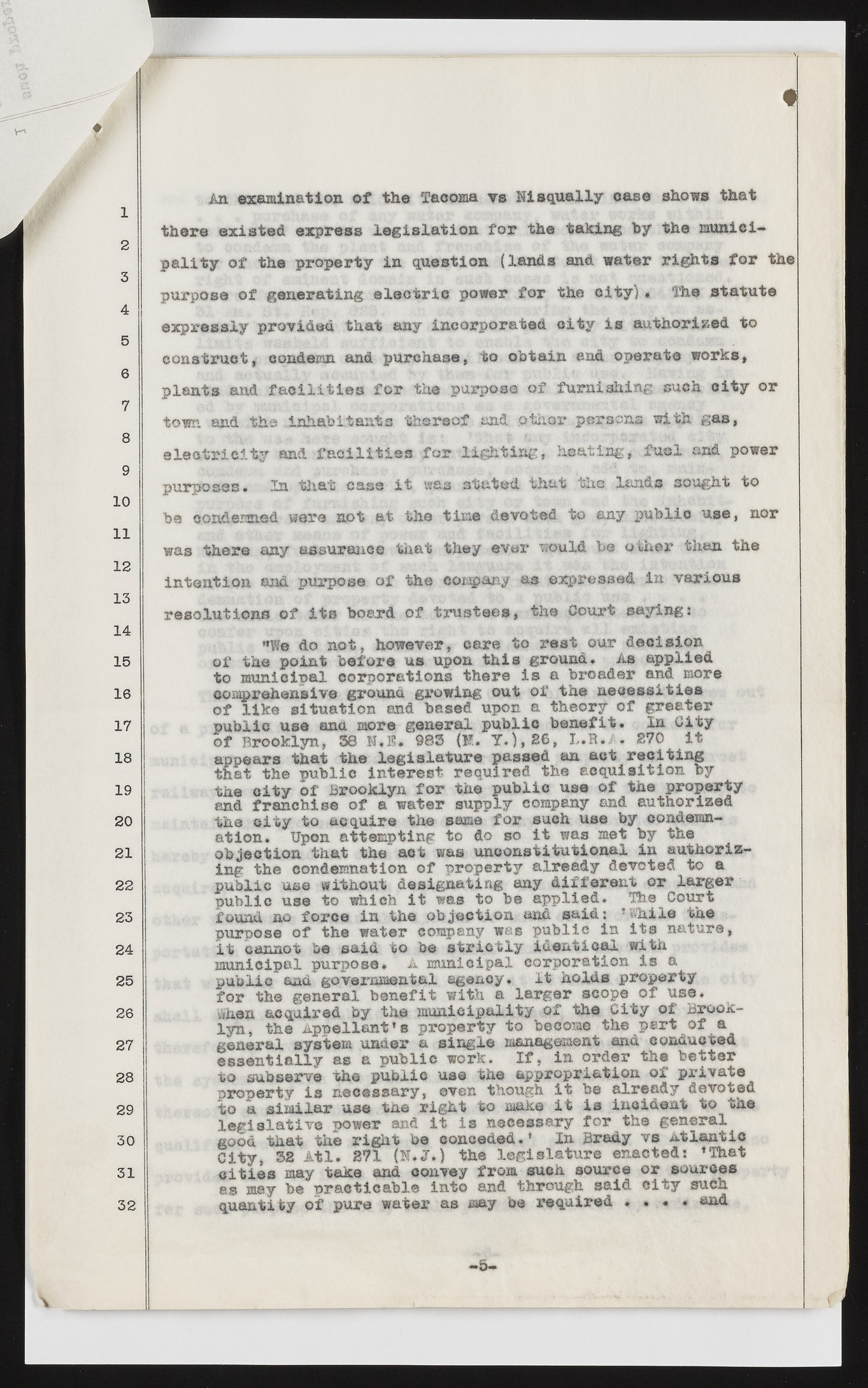Copyright & Fair-use Agreement
UNLV Special Collections provides copies of materials to facilitate private study, scholarship, or research. Material not in the public domain may be used according to fair use of copyrighted materials as defined by copyright law. Please cite us.
Please note that UNLV may not own the copyright to these materials and cannot provide permission to publish or distribute materials when UNLV is not the copyright holder. The user is solely responsible for determining the copyright status of materials and obtaining permission to use material from the copyright holder and for determining whether any permissions relating to any other rights are necessary for the intended use, and for obtaining all required permissions beyond that allowed by fair use.
Read more about our reproduction and use policy.
I agree.Information
Digital ID
Permalink
Details
Member of
More Info
Rights
Digital Provenance
Publisher
Transcription
1 2 3 4 5 6 7 8 9 10 11 12 13 14 15 16 17 18 19 20 21 22 23 24 25 26 27 28 29 30 31 32 f A n examination o f the Tacoma r s Bisqually case shows that there existed express le g isla tio n fo r the taking by the municip a lity of the property in question ( lands and water righ ts fo r the purpose of generating, e le c tric power for the city) * The statute expressly provided that any incorporated city is authorised to co n stru ct, condemn and purchase. * to oh tain and operate works, p la n ts 'and f a c i l i t i e s fo r the purpose o f fu rn ish in g such city or town and the inhabitants th ereo f and oth er persons with gas, e l e c t r i c i t y and f a c i l i t i e s f o r lig h t in g , h e a tin g , fu e l and power purposes. In th at case i t was stated th at the lands sought to be condemned were not a t the time devoted to any p u b lic use, nor was there any assurance that they ever would be oth er tnan the intention and purpose of the company as expressed in various re s o lu tio n s of it s board of trustees, the Court sayingj »We do not, however, oar® to rest our decision o f the point before us upon th is ground* As applied to municipal corporations there i s a broader and more comprehensive ground growing out of. the necessities of lik e situation, and based upon a theory of greater public use and more general public benefit-* In City of Brooklyn, 38 N.S* 983 (M. Y «), £6, L.R.A. 270 it appears that the legislatu re passed an act recitin g that the public interest required the acquisition by the c ity of Brooklyn fo r the public use of the property and franchise of a water supply company and authorised the city to acquire the suae fo r such us© by condemnation* Upon attempting to do so i t was met by the objection that the act was unconstitutional, in authorizing the condemnation o f property already devoted to a public us© without designating any d ifferen t or larger ? public use to which i t was to be applied. Hie Court found no fore© in the objection and said; *while the purpose of the water company was public in it s nature, i t cannot be said to be s t r ic t ly identical with municipal purpose# 4 municipal corporation is a public and governmental agency * it hold© property fo r the general benefit with a larger scop® of use* lihen acquired by the municipality of the City of Brooklyn, the Appellant’ s property to become the%p «rt of a general system- under a single management and conducted essen tially a© a public work. I f , in order the better to subserv® the public use the appropriation of private property is necessary, even though i t be already devoted, to a si raj la r us© the right to make i t is incident to the le g is la tiv e power and i t is necessary fo r the general good that the righ t be conceded.’ In Brady vs Atlantic City, 38'jttl* 271 {B .J l} the legislatu re enacted* ’ That c itie s may take and convey from such source or sources as s@y be practicable into and through said city such quantity o f pure water as may be required * * * • Abd. • 5 .

